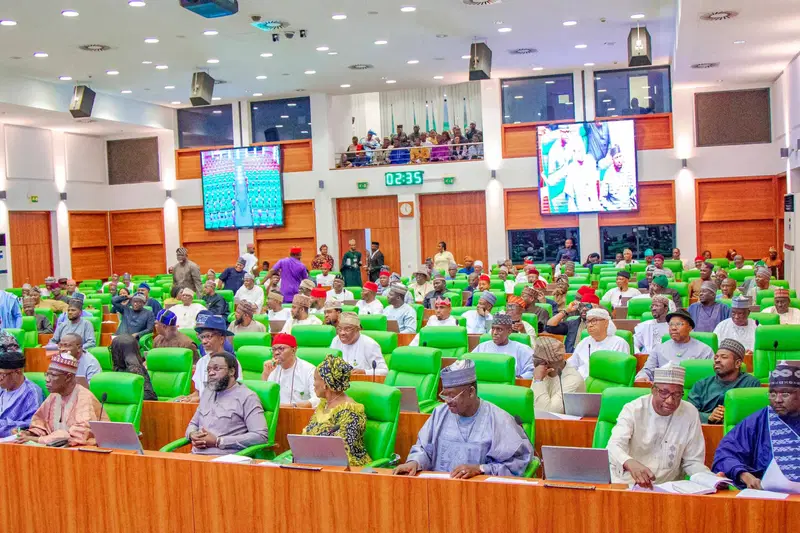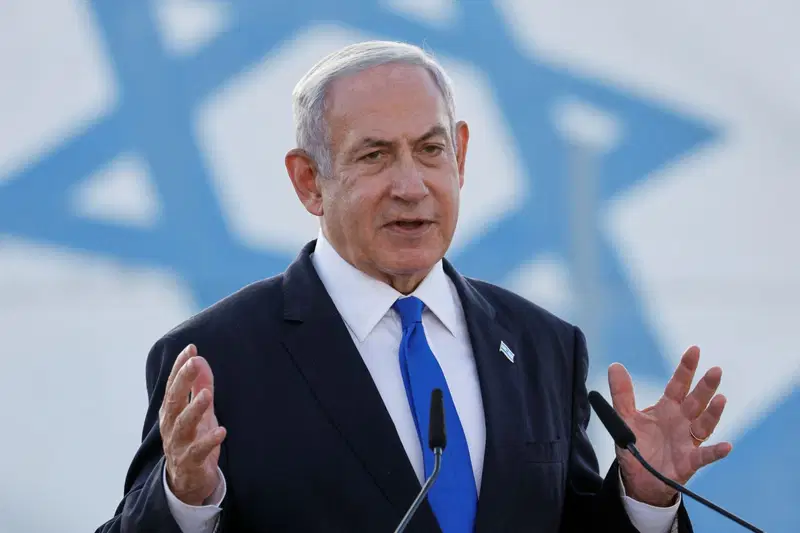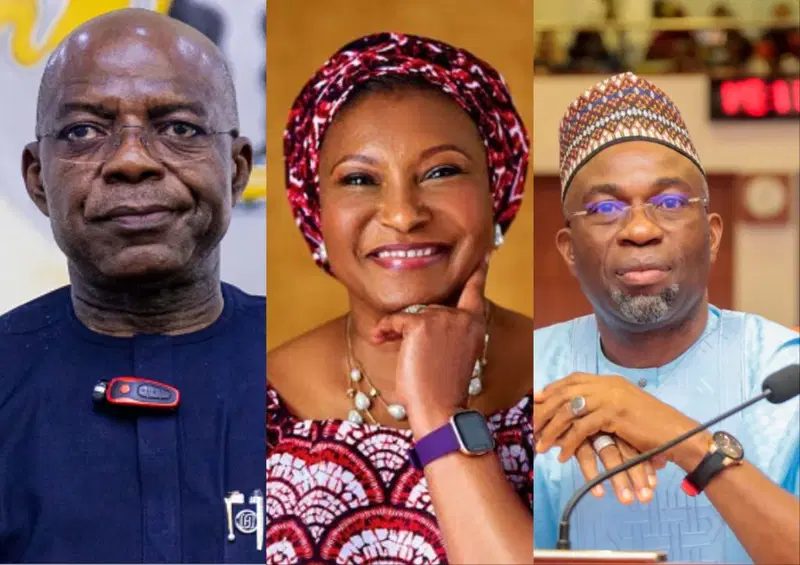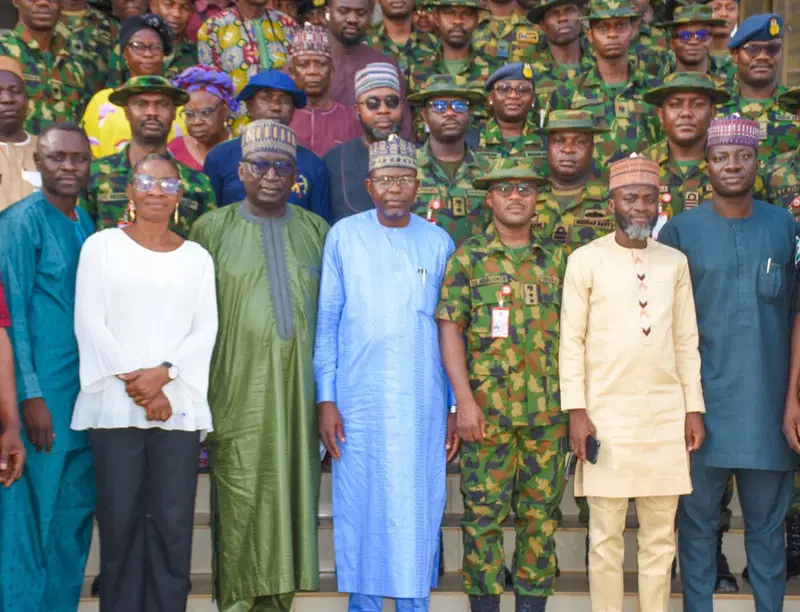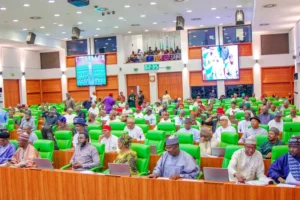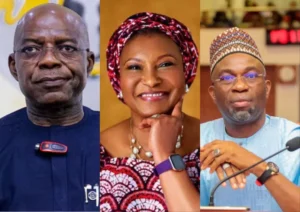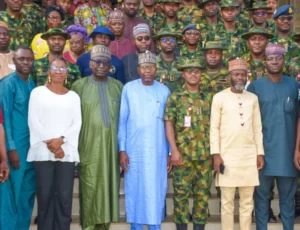- The Chief Economist at the World Bank, Indermit Gill, stated that the naira’s real exchange rate is the most competitive in at least 20 years.- He made this announcement at the ongoing Nigerian Economic Summit in Abuja.- Gill emphasized that this situation presents a great opportunity for the private sector.
-Currency and fuel subsidy reforms by President Bola Tinubu last year have helped pull Africa’s largest oil producer back from the brink of fiscal collapse, according to Indermit Gill.
– Gill noted that years of misrule had left Nigeria with the largest number of people living in extreme poverty in the world.
-The naira’s value has fallen by more than 70%, reaching around 1,553 per dollar on Monday, down from 465 per dollar before the reforms.
– The cost of gasoline has increased more than fivefold, and the central bank has ceased printing money to finance government spending.
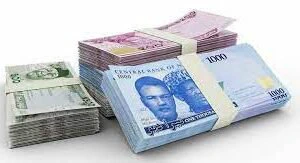
– Gill warned that “this is only the beginning,” stating that Nigeria will need to stay the course for at least another 10 to 15 years to transform its economy.
– His statement prompted audible murmurs from the audience, as he acknowledged the difficulty of these reforms but emphasized that “the rewards are massive.”
– Foreign exchange rules that were propping up the naira ended when Tinubu took office in May 2023, along with fuel subsidies that were costing Nigeria N10 trillion a year, equivalent to around $15 billion at that time.
– “You can do a lot with $15 billion,” Gill stated, highlighting the potential impact of the funds saved from fuel subsidies.
– While the devaluation of the naira and removal of fuel subsidies have been welcomed by international investors, they have also led to increased inflation and a cost-of-living crisis for ordinary Nigerians.- This situation has sparked protests in recent months, resulting in a deadly crackdown by security forces.
– Gill urged that “the government must do everything in its power to protect the most vulnerable citizens against hardships,” recommending short-term payments to poor households and the establishment of a social safety net funded by savings from fuel subsidies.
– He emphasized that the central bank must remain focused on price pressures while building up foreign reserves and avoiding the “lure of short-term capital inflows that might push up the naira value too quickly and crimp non-oil growth.”
– “If you stay the course you will surely reap the rewards,” Gill concluded, warning that “failure sets back the continent and ruins the future of another generation.”




